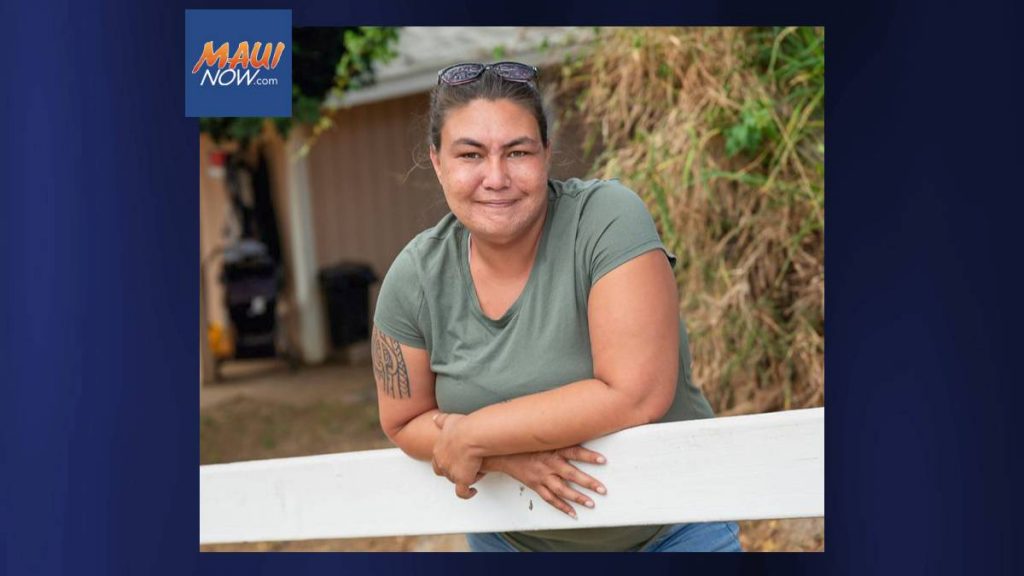[ad_1]
Commentaries are opinion pieces contributed by readers and newsmakers. VTDigger strives to publish a variety of views from a broad range of Vermonters. Commentaries give voice to community members and do not represent VTDigger’s views. To submit a commentary, follow the instructions here.
This commentary is by Ethan Parke of Montpelier, a former member of the Vermont Health Policy Council, a co-founder of Vermont Consumers’ Campaign for Health, and a current board member of Vermont Health Care for All.
The Senate Government Operations Committee has taken up S.39, which would “make members of the General Assembly eligible for the State employees’ health benefit plan at no cost….”
This comes at a time when many citizen advocates have been pleading with legislators to seriously consider extending publicly financed primary care to all Vermont residents. A House bill, H.156, and a Senate bill, S.74, would do just that, but both bills lack support from committee chairs and/or legislative leadership, and thus are unlikely to be discussed.
Maybe the irony of this situation is lost on legislators. An alarming percentage of Vermonters are now classified as underinsured, meaning that a serious illness or injury would throw them into personal bankruptcy. Medicaid eligibility is slated to be tightened this spring; as a result, the number of uninsured Vermonters will undoubtedly soon rise.
Primary care clinicians are leaving the profession, dismayed to treat patients who delay or self-ration care, and frustrated by ever-increasing administrative complexity and inadequate reimbursement.
Purchasing subsidized insurance on Vermont Health Connect is not a viable option for many people, including perhaps for some legislators. Otherwise, S.39 would not have been introduced. For working Vermonters who do not qualify for Medicaid, the Health Connect premiums are often unaffordable, and the high deductibles mean that these plans do not cover basic care, or even things like a broken arm, an asthma attack, or a work-up for chest pain.
The sponsors of S.39 are eager to fix this problem for themselves, starting next January. Unfortunately, the rest of us will continue to wait.
It’s not that legislators shouldn’t have access to affordable health care. Of course they should, but all Vermonters are equally deserving. In fact, in 2011 the Legislature passed into law a principle that health care should be universal and publicly funded. Isn’t it self-serving then for lawmakers to now put their own health care needs ahead of those of their constituents?
The Joint Fiscal Office was asked to estimate the cost to taxpayers if legislators were offered the state employees’ health insurance. These plans cost $12,500 a year for a single person, $25,000 a year for two people, and $34,000 a year for a family. S.39 states that the insurance would be offered “at no cost” to legislators, but the Joint Fiscal Office based its estimate on an 80/20 cost split between the state and the legislator, as is typical for state employees.
If 50 percent of legislators signed up and paid 20 percent of the premiums, the JFO analyst said the tax revenue required for the state share would be between $900,000 and $2.5 million a year, depending on the mix of individual and family plans.
How else might such funds be spent? $2 million could pay for 10,000 dental cleanings and routine oral exams for Vermonters who lack access to dental care, and dental care is frequently cited as the most pressing need among both insured and uninsured Vermonters. Alternatively, $2 million could pay for 10,000 primary care visits to monitor and treat high blood pressure, diabetes, and other common disorders.
Article 7 of the Vermont Constitution states that “government is, or ought to be, instituted for the common benefit, protection, and security of the people, nation, or community, and not for the particular emolument or advantage of any single person, family, or set of persons who are a part only of that community.”
S.39 contradicts the spirit of Article 7 and offers benefit and protection to a particular class, while disregarding the similar needs of the common folk.
The solution is not to deny the benefits, protection and security of state law to legislators, but to publicly fund health care for all 645,000 Vermonters. H.156 and S.74 would set us on a path to accomplish that, while S.39, the bill in the Senate Government Operations Committee, would cover only 180 people who inhabit the Statehouse for four and a half months a year.
[ad_2]
Source link


